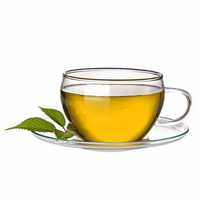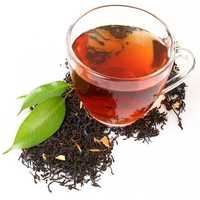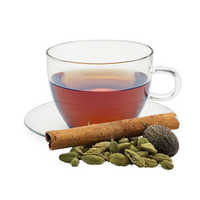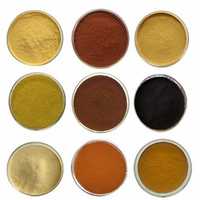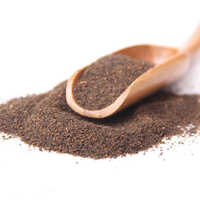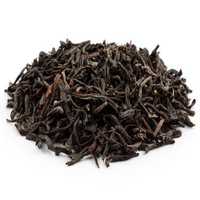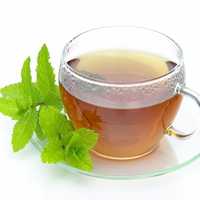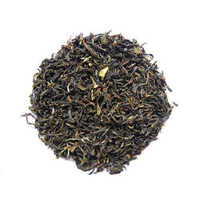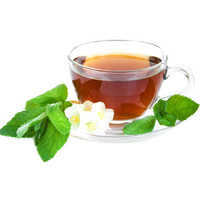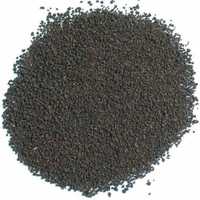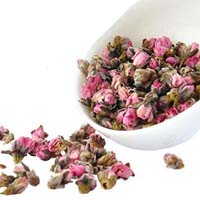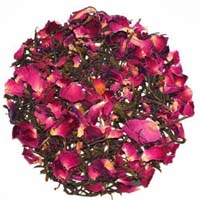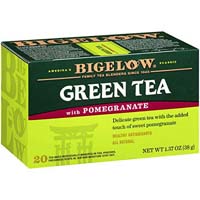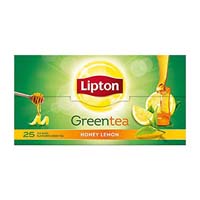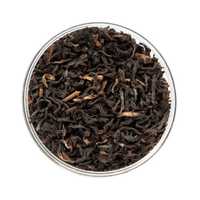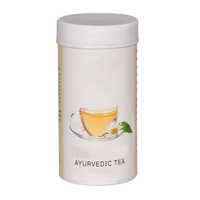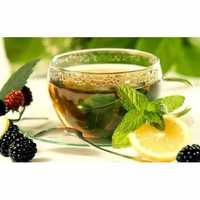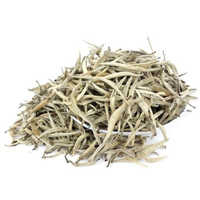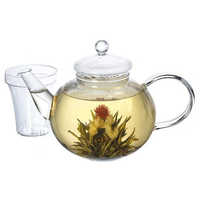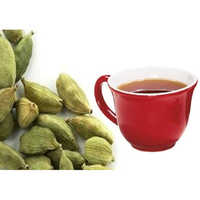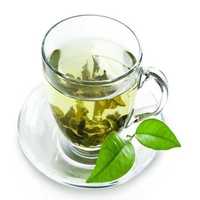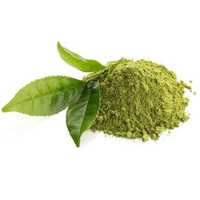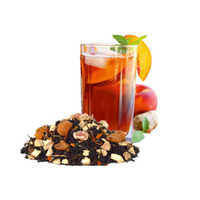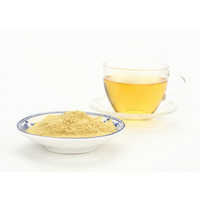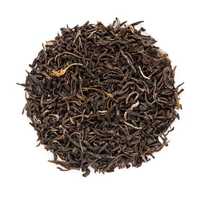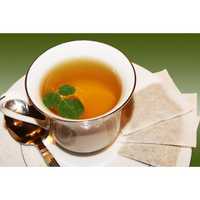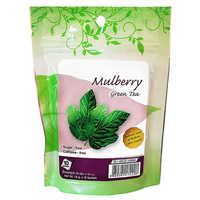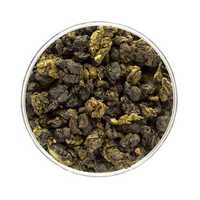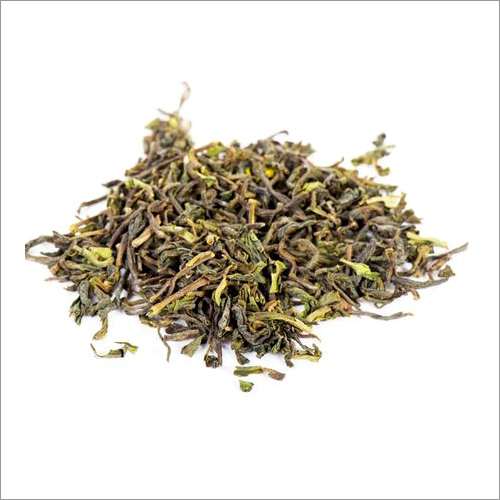Tea
(19054 products)
Top Tea Categories
Explore More Categories
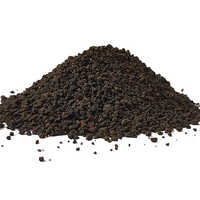
Assam Tea Antioxidants
Variety - Plain
Feature - Organic Tea
Physical Form - Fresh
3 Years
Globle Passage Exports
Product Showcase
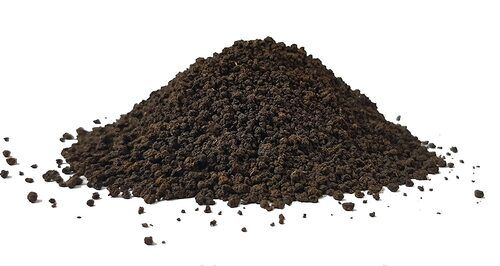
Reduce Health Problems Brown Assam Leaf Tea Powder
MOQ - 20 Metric Ton/Metric Tons
Type - Loose Tea
Variety - Plain
Physical Form - Fresh
3 Years
Business Type: Manufacturer | Supplier
Globle Passage Exports
Made in India
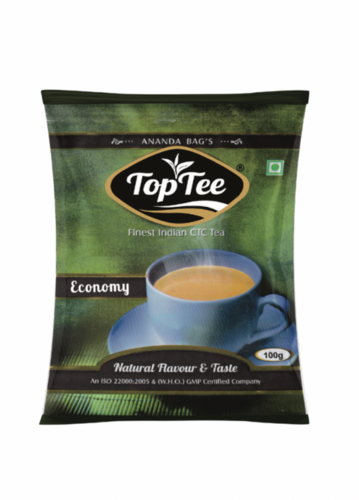
Toptee Economy Ctc Tea - Color: Black
Price: 160 INR (Approx.)/Kilograms
MOQ - 100 Kilograms/Kilograms
Type - Black Tea
Variety - Plain
Physical Form - Dried
3 Years
Business Type: Manufacturer | Supplier
THE ANANDA-BAG TEA CO. LTD.
Made in India
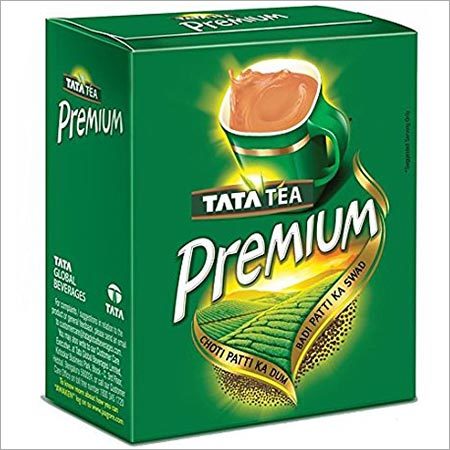
Black Tata Tea Gold
Price Trend: 150.00 - 250.00 INR (Approx.)/Metric Ton
MOQ - 20 Metric Ton/Metric Tons
Type - Black Tea
Variety - Plain
Physical Form - Dried
11 Years
Business Type: Manufacturer | Distributor
K J ENTERPRISES
Verified Exporter
( Accepts only Foreign Inquiry)
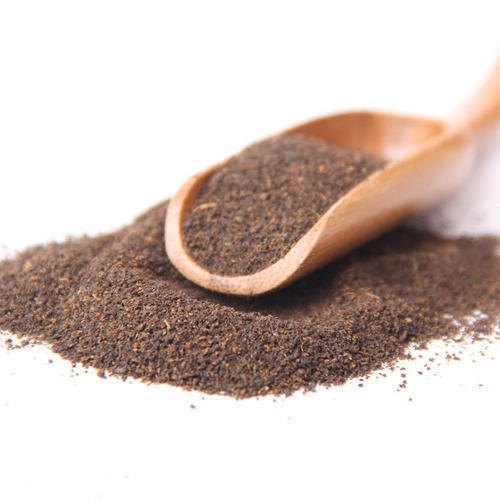
Assam Tea Powder
Price Trend: 150.00 - 180.00 INR (Approx.)/Ton
MOQ - 1 Ton/Tons
4 Years
Business Type: Supplier | Trading Company
HARSIDDHI TRADE LINK
Indian Inquiries Only
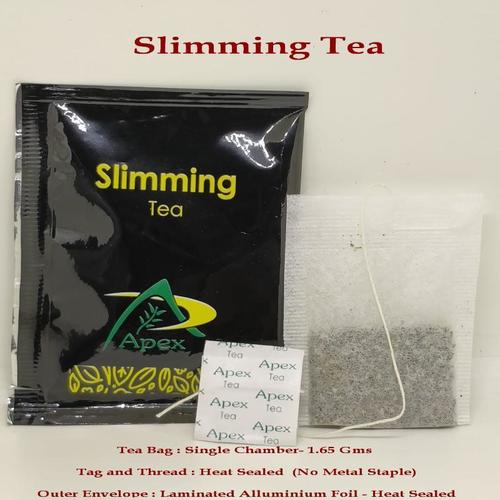
Masala Herbal Tea
Price Trend: 2.50 - 3.50 INR (Approx.)/Piece
MOQ - 100000 Piece/Pieces
Type - Herbal Tea
Variety - Masala
9 Years
Business Type: Manufacturer | Distributor
APEX INTERNATIONAL
Verified Exporter
( Accepts only Foreign Inquiry)
Made in India

Organic Tea Pure Chai Masala
Price: 200 INR (Approx.)/Pack
MOQ - 100 Pack/Packs
Variety - Masala
Physical Form - Dried
Sugar Content - No Sugar
2 Years
Response Rate: 70.71%
Business Type: Manufacturer
Santkrupa Mahila Gruh Udyog
Made in India
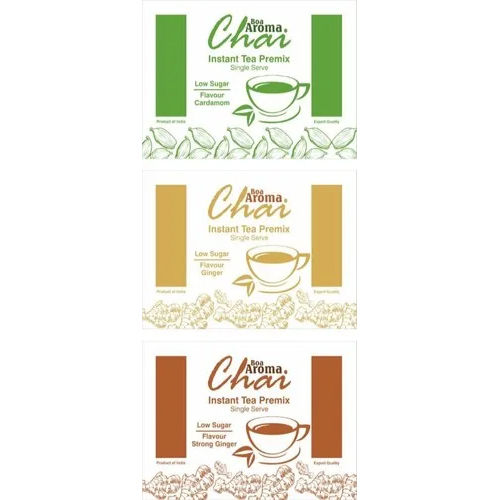
Instant Tea Premix Powder
Price: 500 INR (Approx.)/Kilograms
MOQ - 10 Kilograms/Kilograms
20 Years
Business Type: Supplier | Exporter
SAIJEE IMPEX
Verified Exporter
( Accepts only Foreign Inquiry)
Made in India

Black Assam Tea
Price Trend: 200.00 - 240.00 INR (Approx.)/Kilograms
MOQ - 100 Kilograms/Kilograms
Type - Other
Variety - Plain
Physical Form - Dried
3 Years
Business Type: Manufacturer | Supplier
M/S INDIA AGRIMART
Made in India
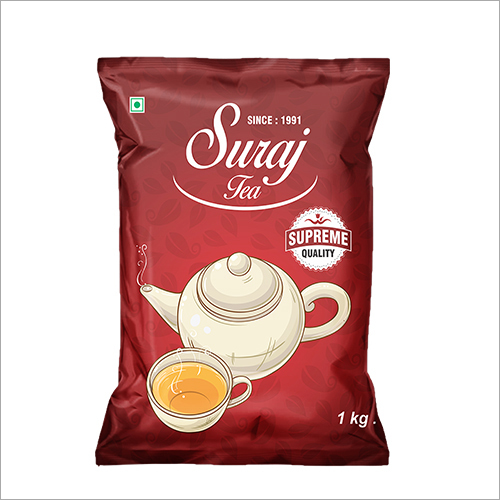
1kg Suraj Supreme Quality Tea
Price: 255 INR (Approx.)/Pack
MOQ - 250 KG Pack/Packs
6 Years
Business Type: Manufacturer | Distributor
RATNARAJ FOODS
Made in India
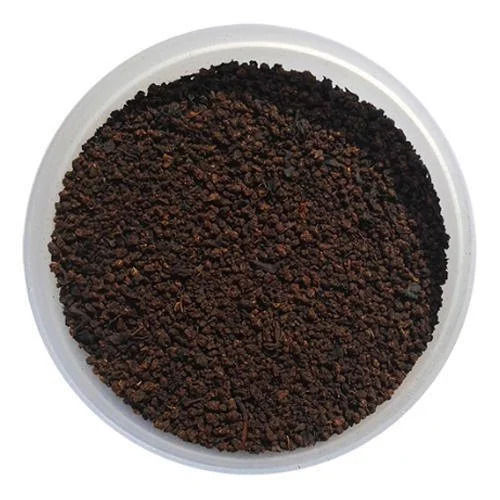
Premium Quality Natural Black Tea
Price: 350 INR (Approx.)/Kilograms
MOQ - 100 Kilograms/Kilograms
Type - Black Tea
Variety - Plain
Physical Form - Dried
Business Type: Exporter | Trading Company
SAHIK PRIVATE LIMITED
Made in India
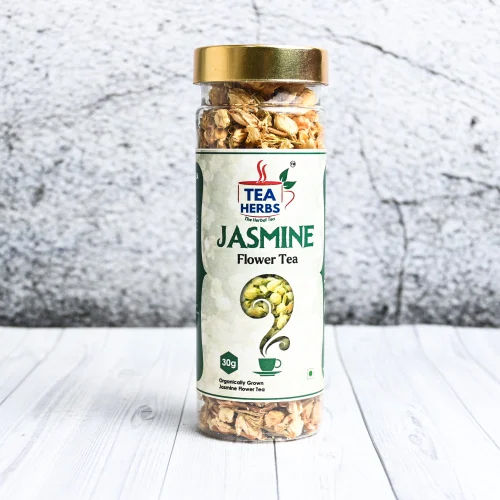
Jasmine Flower Tea
Price: 1450 INR (Approx.)/Kilograms
MOQ - 25 Kilograms/Kilograms
Type - Loose Tea
Aroma - Jasmin
Taste - Sweet
5 Years
Business Type: Manufacturer | Distributor
ALL HERBSCARE
Made in India
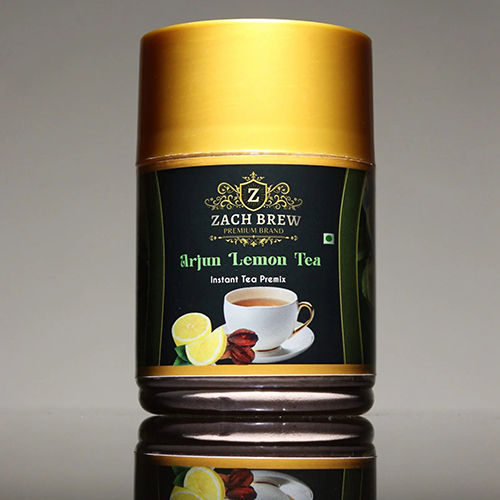
500 Gm Arjun Lemon Herbal Tea Premix Antioxidants
Price: 399 INR (Approx.)/Pack
MOQ - 100 Pack/Packs
Physical Form - Fresh
Extract Type - Solvent Extraction
Sugar Content - No Sugar
2 Years
Business Type: Manufacturer | Supplier
IRAJ FOOD AND BEVERAGES PVT LTD
Made in India
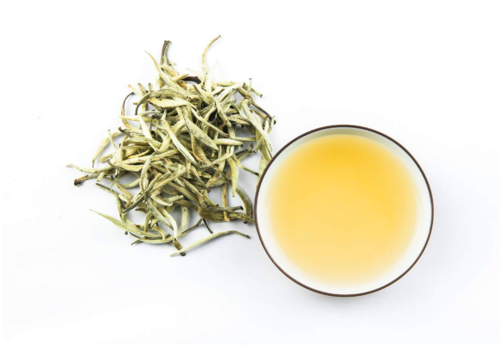
Dried White Tea
Price: 25000 INR (Approx.)/Metric Ton
MOQ - 1 Metric Ton
Type - White Tea
Physical Form - Dried
Feature - Health Tea
2 Years
Business Type: Manufacturer | Exporter
YEDHANT INTERNATIONAL
Verified Exporter
( Accepts only Foreign Inquiry)
Made in India
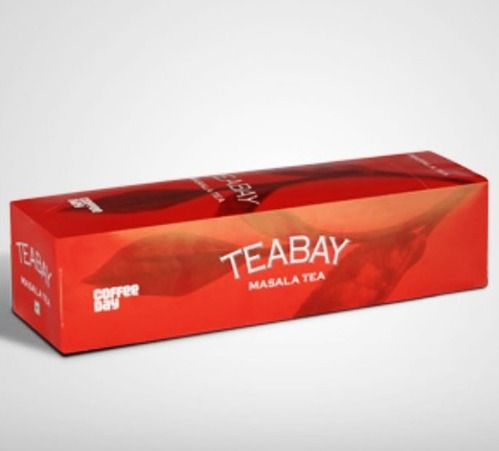
Highly Demanded Masala Tea
3 Years
Business Type: Manufacturer | Service Provider
SUNRISE COFFEE VENDING MACHINES LLP
Made in India
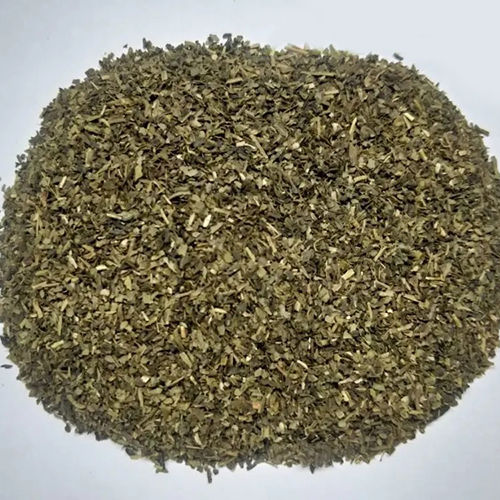
Assam Ctc Tea Antioxidants
MOQ - 100 Kilograms/Kilograms
Physical Form - Fresh
Extract Type - Solvent Extraction
Health Benefits - Antioxidants
2 Years
Business Type: Manufacturer | Supplier
MAA SHAARDA ENTERPRISES
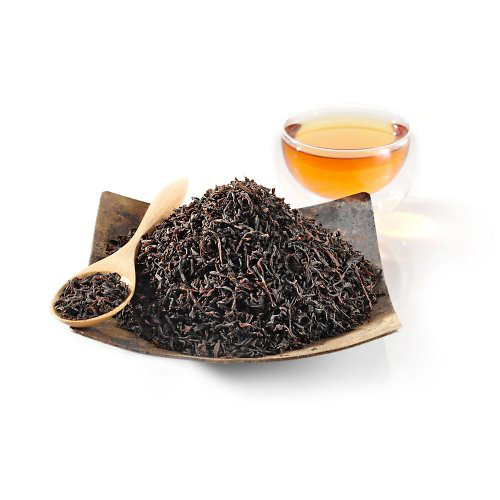
Kadak Black Leaf Tea
Price: 3 USD ($) (Approx.)/Twenty-Foot Container
MOQ - 1 Twenty-Foot Container
5 Years
Business Type: Manufacturer | Distributor
VISION INTERNATIONAL
Made in India
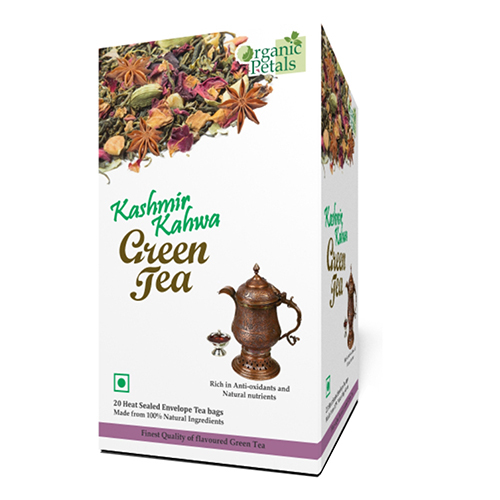
Kashmir Kahwa Green Tea Dry Place
Price: 200 INR (Approx.)/Box
MOQ - 100 Box/Boxes
Product Type - Other
Category - Other , Tea
Usage - Personal Care
6 Years
Business Type: Manufacturer | Exporter
WIN TRUST PHARMACEUTICALS LIMITED
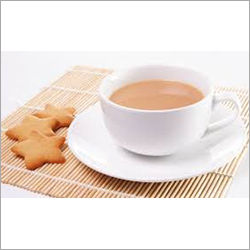
Brown Tea
Price Trend: 100.00 - 300.00 INR (Approx.)/Kilograms
MOQ - 2000 Kilograms/Kilograms
Business Type: Manufacturer | Distributor
RAJ AGRO
Indian Inquiries Only
Made in India
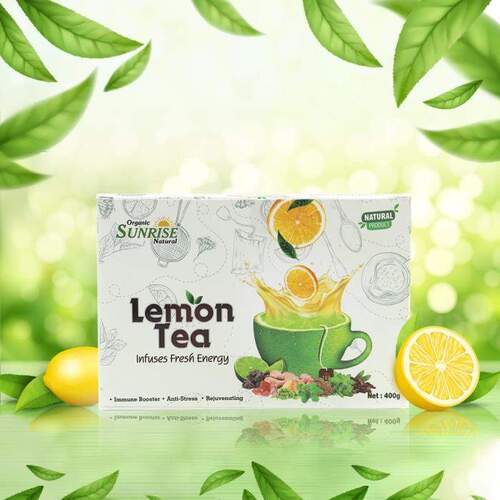
Herbal Lemon Green Tea Grade: A
Price: 500 INR (Approx.)/Pack
MOQ - 105 Pack/Packs
Type - Green Tea
Variety - Other
Physical Form - Instant
14 Years
Business Type: Manufacturer | Distributor
SUNRISE AGRILAND DEVELOPMENT & RESEARCH PVT. LTD.
Made in India
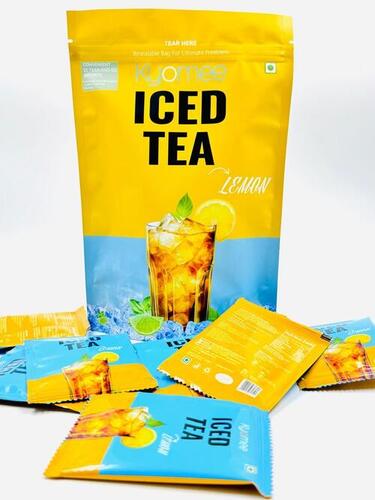
Kyomee Lemon Iced tea
Price: 250 INR (Approx.)/Pack
MOQ - 10 Pack/Packs
Health Benefits - Antioxidants
Feature - Health Tea
16 Years
Business Type: Manufacturer | Distributor
HIGER HEALTH SCIENCES LLP
Made in India
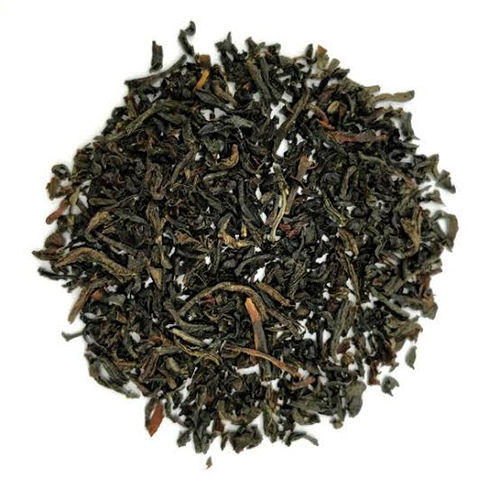
Natural Loose Tea Antioxidants
Price: 200 INR (Approx.)/Kilograms
MOQ - 100 Kilograms/Kilograms
Physical Form - Fresh
Extract Type - Solvent Extraction
Health Benefits - Antioxidants
2 Years
Business Type: Supplier | Exporter
NAGUN CONTRACTORS PRIVATE LIMITED
Verified Exporter
( Accepts only Foreign Inquiry)

Plain Long Leaf Dried Black Tea, Supports Mental Health
Price: 200 INR (Approx.)/Kilograms
MOQ - 10 Kilograms/Kilograms
Type - Black Tea
Variety - Plain
Physical Form - Dried
2 Years
Business Type: Trading Company
DATTA ENTERPRISES
Made in India
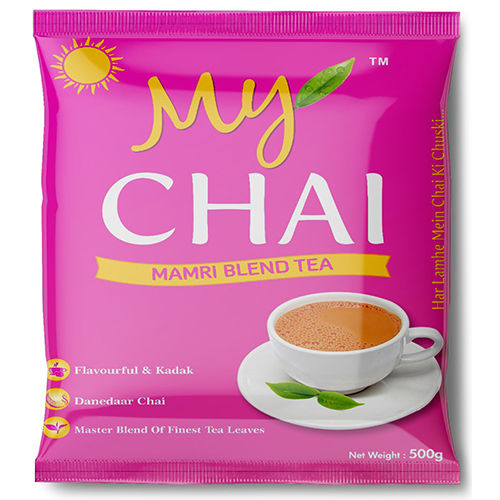
Dried 500 Gm Mamri Blend Tea
Price Trend: 400.00 - 700.00 INR (Approx.)/Kilograms
MOQ - 10 Kilograms/Kilograms
Type - CTC Tea
Physical Form - Dried
Extract Type - Solid Extract
1 Years
Business Type: Manufacturer | Supplier
SURAJGOVIND ESTATES PVT LTD

Raw Tea
2 Years
Business Type: Manufacturer | Supplier
M/S TODAY TEA LIMITED
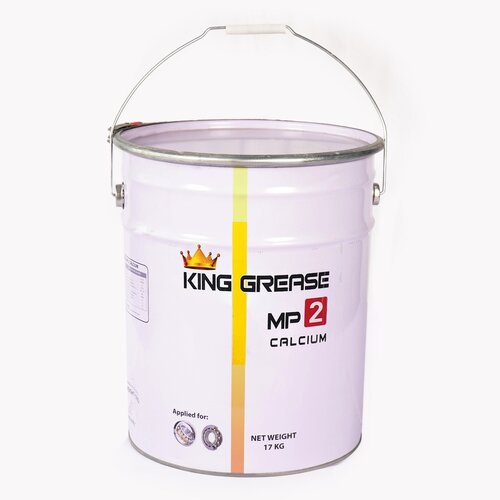
Grease 17 KG MP2 Calcium DP120 Multi Purpose
Price: 1.30 USD ($) (Approx.)/Kilograms
MOQ - 1000 Kilograms/Kilograms
2 Years
Business Type: Manufacturer | Distributor
K-OIL PETROCHEMICAL INTERNATIONAL JOINT STOCK COMPANY
Made in India
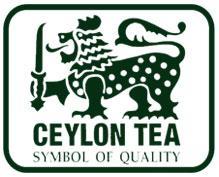
Ceylon Tea
9 Years
Business Type: Exporter | Trading Company
SRI LANKA HIGH COMMISSION
Indian Inquiries Only
Made in India
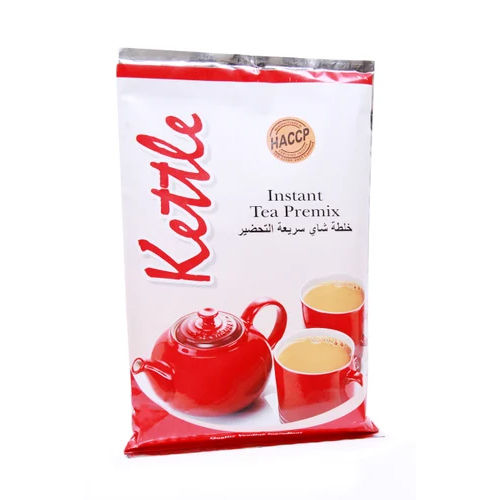
Kettle Tea Premix Grade: Food Grade
Price: 280 INR (Approx.)/Kilograms
MOQ - 100 Kilograms/Kilograms
Type - Other, Kettle Tea Premix
Physical Form - Powder
Feature - Health Tea
2 Years
Business Type: Manufacturer | Supplier
CHAIKAPI SERVICES PRIVATE LIMITED

Green Tea Shelf Life: 12 Months
Price Trend: 400-1500 INR (Approx.)/Box
MOQ - 50 Box/Boxes
Type - Green Tea
Feature - Flavored Tea
Taste - Smooth
4 Years
Business Type: Manufacturer | Trading Company
R.S. BAJAJ TEA COMPANY
Tea Manufacturers | Suppliers in India
| Company Name | Location | Member Since |
|---|---|---|
| Saijee Impex | Thane, India | 20 Years |
| Higer Health Sciences Llp | Palghar, India | 16 Years |
| Sunrise Agriland Development & Research Pvt. Ltd. | Jaipur, India | 14 Years |
| K J Enterprises | Ahmedabad, India | 11 Years |
| Apex International | Jaipur, India | 9 Years |
| Sri Lanka High Commission | New Delhi, India | 9 Years |
| Ratnaraj Foods | Ahmedabad, India | 6 Years |
| Win Trust Pharmaceuticals Limited | Ludhiana, India | 6 Years |
| All Herbscare | Ahmedabad, India | 5 Years |
| Vision International | Karnal, India | 5 Years |
What is Tea: Types & Compounds
Camellia sinensis, the plant that produces tea, is used in the production of all types of tea. There are six primary varieties of tea that are manufactured. Every kind of tea has its own distinct smell, flavour, and look in the cup. Black and green tea are the two most well-known types of tea in the West. The unique flavours of these teas are the result of their various chemical compositions, which vary greatly from one another.
Different Types of Tea
As a topic for categorization, tea may be broken down into six primary types. While there are literally hundreds of different kinds of tea around the globe, tea can be classified into these varieties:
1. Black Tea: The leaves of black tea are wilted, then totally oxidised, and finally dried. The brew that is often produced from black tea is robust and golden in colour. The robust morning teas (such as English Breakfast and Irish Breakfast) and Darjeelings are two of the most well-liked varieties of black tea.
2. Green Tea: When making green tea, great care is taken to prevent the oxidation of the tea leaves so that the beverage may maintain its characteristic bright green colour and unspoiled taste. In Japan, the leaves go through a process that involves steaming, but in other countries, the drying process may use pan-firing or another technique. This kind of tea often boils out a light green or golden colour when prepared, and its taste is not as robust as that of black tea.
3. Oolong Tea: Only a portion of the leaves of oolong tea are oxidised, and it is mostly manufactured in China and Taiwan. The taste of this sort of tea may range from tasting very much like fresh green tea to having a flavour that is completely different from any other form of green tea. The flavour can change drastically depending on where the tea leaves are cultivated and how the tea is processed.
4. White Tea: White tea, which originated in China, is made by just withering and drying the leaves, which results in very mild oxidation. Its taste is most comparable to that of green tea, however, it is often creamier, softer, and sweeter than green tea.
5. Pu-erh: Pu-erh, which may also be written as Pu'er, is a kind of tea that is only produced in China and is revered for the particularly earthy taste it has. Pu-erh is a kind of tea that has undergone fermentation and has often been aged underground for a number of years. Pu-erh is traditionally formed into round cakes and may be rather pricey depending on the quality of the cake
6. Yellow Tea: The most uncommon kind of tea is called yellow tea. It is prepared in the same manner as green tea, but the leaves are allowed to dry at a lower temperature, which gives them a yellowish hue. The flavour of the tea is subdued and is often characterised as being somewhere in between of that white tea and green tea.
7. Yerba Mate & Guayusa: Both Yerba Mate and Guayusa, which originate in South America, are herbal infusions that naturally contain caffeine. They are highly prized because of the exceptional combination of caffeine and calming, energetic effects that they provide. Guayusa has a taste that is earthy, rich, and naturally smooth, whereas Yerba Mate has a taste that is herbaceous, vegetal, and grassy with a bittersweet flavour. Yerba Mate also has a somewhat sweet aftertaste.
Compounds of Tea
The different chemical compounds in tea are:
1. Polyphenols: Astringency is a taste experience that generates a drying feeling on the tongue and bitterness. It is mostly caused by polyphenols, which are found in steeped teas and are mainly responsible for their presence. The phrase "polyphenol" simply refers to a classification of compounds that are made up of many phenolic groups, which is where the name "polyphenol" comes from. These plant metabolites are the most prevalent molecules found in tea, and they are generated by plants as a kind of defence against insects and other animals. In newly harvested tea leaves and the solids that are found in tea beverages, polyphenols may make up as much as 30–40% of the total.
2. Amino Acids: Umami, often known as sweetness and brothiness, is a characteristic of finished tea that is contributed by amino acids. In the tea field, amino acids are converted to polyphenols by sunshine; tea that is grown in the shadow has a greater quantity of amino acids than tea that is grown in direct sunlight. Some tea plants are even purposefully shadowed for many weeks prior to harvesting in order to maximise the amino acid content in the leaves. This is a method that results in final tea that has a pronounced umami flavour. Tea plants that have been kept in the shade for 22 days have four times the amount of amino acids that are found in plants that have not been kept in the shade.
3. Enzymes: The tea leaves contain a number of enzymes, the two most significant of which are polyphenol oxidase and peroxidase. When the cell walls of the leaves are damaged, the polyphenols within are exposed to oxygen, a process known as oxidation, which causes the leaves to become brown enzymatically and become unsuitable for use in tea.
4. Pigments: Pigments in plant leaves are what give the leaves their colour and are also responsible for the absorption of light, which is necessary for photosynthesis. Chlorophylls and carotenoids are the two primary categories of pigments that are found in freshly plucked tea leaves. As a result of withering and oxidation, these pigments become more concentrated, which results in a darker appearance. As a result of oxidation, chlorophylls, which are green in colour, are converted into pheophytins, which are black in colour. This degrading process is responsible for giving final oxidised teas their black appearance.
5. Carbohydrates: Starches and sugars, which are together referred to as carbs, are the means by which all plants store the energy produced during photosynthesis. Later on, plants tap into this stored energy to power crucial chemical activities. Carbohydrates are both a source of fuel for the enzymatic activities that take place during the oxidation process in tea and the primary contributors to the production of polyphenols in younger tea leaves.
Benefits of Tea
There is a possibility that tea in powdered form, decaffeinated form, or bottled form does not provide the same health advantages. In addition, studies reveal that green teas provide a more potent dose of antioxidants than the majority of other kinds. let us look at some of the benefits of tea in general:
1. Weight Management: There is not yet conclusive evidence, but a number of studies point to the possibility that the caffeine and catechins, which are a kind of polyphenol, in tea may assist with weight reduction. It did not seem that decaffeinated green teas produced the same outcomes as their caffeinated counterparts. Even while the study on caffeinated green tea seems to go in a positive direction, there are still a lot of concerns that need to be solved.
2. Health of the Heart: People who drink tea on a regular basis may be doing their hearts a favour by doing so. People who consume green or black tea on a daily basis may have a decreased chance of developing cardiovascular disease, according to some studies; nevertheless, the results have been contradictory in terms of tea's ability to reduce levels of blood pressure and cholesterol.
3. Diabetes: The research regarding diabetes isn't as clear as it could be. It has been shown by a number of studies that the catechins included in green tea may assist in maintaining normal blood sugar levels, hence lowering the probability of acquiring type 2 diabetes. On the other hand, these results are mostly based on procedures carried out in other nations and have not been verified in clinical studies. In addition, researchers are investigating whether or not drinking herbal teas including spearmint and chamomile might help reduce the risk of developing diabetes.
4. Cancer: Even though there is a lot of information available online regarding tea as a beverage that fights cancer, research has not shown that drinking tea helps to lower the chance of developing cancer. Tea drinkers may have a decreased risk for some forms of cancer, according to the results of certain research; however, the findings of other studies contradict these findings. It is not known at this moment whether or not drinking tea may lower your chance of developing cancer.
FAQs: Tea
Q. Is the tea business profitable?
Ans. It is possible for this to operate as a stand-alone mode of a tea company, or it is also possible for it to be operated concurrently with a real tea store in which customers go to purchase and eat the beverage. The business of running a tea store is thus potentially one of the most lucrative companies.
Q. Is tea the second most consumed drink?
Ans. Water is without a doubt the beverage that is consumed the most frequently among them. But have you ever considered going with the second drink option? It is indeed tea! Since tea is the most well-liked beverage on the planet, it should come as no surprise that its consumption is widespread everywhere.
Q. How to start a tea business in India?
Ans. You’ll need the following registrations to start a tea business in India:
1. PAN Registration
2. IEC Code and AD Code Registration
3. Shop Establishment Registration
4. MSME Registration
5. FSSAI Registration
Q. What are the requirements for the tea business?
Ans. The basic requirements for starting a tea business are:
1. Chairs and tables or benches
2. Tea-making pans
3. Teacups
4. Stove
5. Kettle
6. Ingredients to make tea
7. Vending Machine for the tea
Related Blog Topic:
Related Categories
Agricultural Machines & Tools
Agriculture & By-product Agents
Agriculture Product Stocks
Agro Chemicals
Agro Products & Commodities
Animal Casings
Animal Extract
Animal Fodders
Animal Husbandry
Animal Products
Aquaculture Equipment & Supplies
Aquatic Products
Bactericides
Bamboo & Rattan Products
Beans
Cashews
Cattle Feed Supplements
Cereals
Coconut
Coconut Shell Products
Coffee
Coir Blocks
Coir Fiber
Coir Products
Coir Rope
Dehydrated Vegetables
Dried Vegetables
EMU & EMU Products
EMU Eggs
EMU Meat
EMU Oil Products
Eggs
Farm Machinery
Farm Machinery Parts
Fertilizers
Fodder & Feed Additives
Fresh Fruits
Fresh Vegetables
Frozen & Dried Fruit
Frozen Vegetables
Fungicides
Garden Accessories
Grain
Greenhouse Supplies & Equipment
Guar Gum
Herbicides
Horticulture & Gardening Tools
Horticulture, Gardening & Irrigation Machinery
Insecticides
Irrigation Systems
Jute Products
Livestock
Molasses
Mushroom & Truffle
Nematicides
Nuts & Kernels
Oil Seed Extraction Machinery
Organic Vegetables
Pesticides
Plant & Animal Oil
Plant Extract
Plant Growth Regulator
Plant Seeds
Plant, Flowers & Dried Flowers
Potpourri
Poultry Equipment
Poultry Feed Supplements
Pulses
Raw Cotton & Cotton Waste
Rice
Seed Processing Machinery
Seeds
Shade Net
Soil Conditioners
Storage Silos
Tea
Tractor Parts
Tractors
Wheat
Related Categories
Popular Products
Human HairForklift TrucksServo Voltage StabilizerBasmati RiceBackhoe LoaderCarry Bag Making MachineDrum LifterElectric StackerScissor LiftsIndustrial Vibrating ScreenRotameterFlowmeterRotary Air CompressorIndustrial Eto SterilizerRice Packaging MachinesShredding MachineHammer MillAutomatic Labelling MachineDiesel ForkliftAerial Work PlatformStorage Rack SystemEpoxy ResinMild Steel BarStainless Steel SheetsStainless Steel StripsBag Filling MachinesAsphalt PlantsSlat ConveyorOintment PlantPlanetary MixersLadies KurtisLed LightsCctv CameraBall ValveAnti Cancer MedicineAir CompressorIncense SticksSolar LightsGoods LiftsVitrified TilesStainless Steel CoilsPvc PipesPvc Pipe FittingsUpvc PipesUpvc Ball ValvePipe Elbows